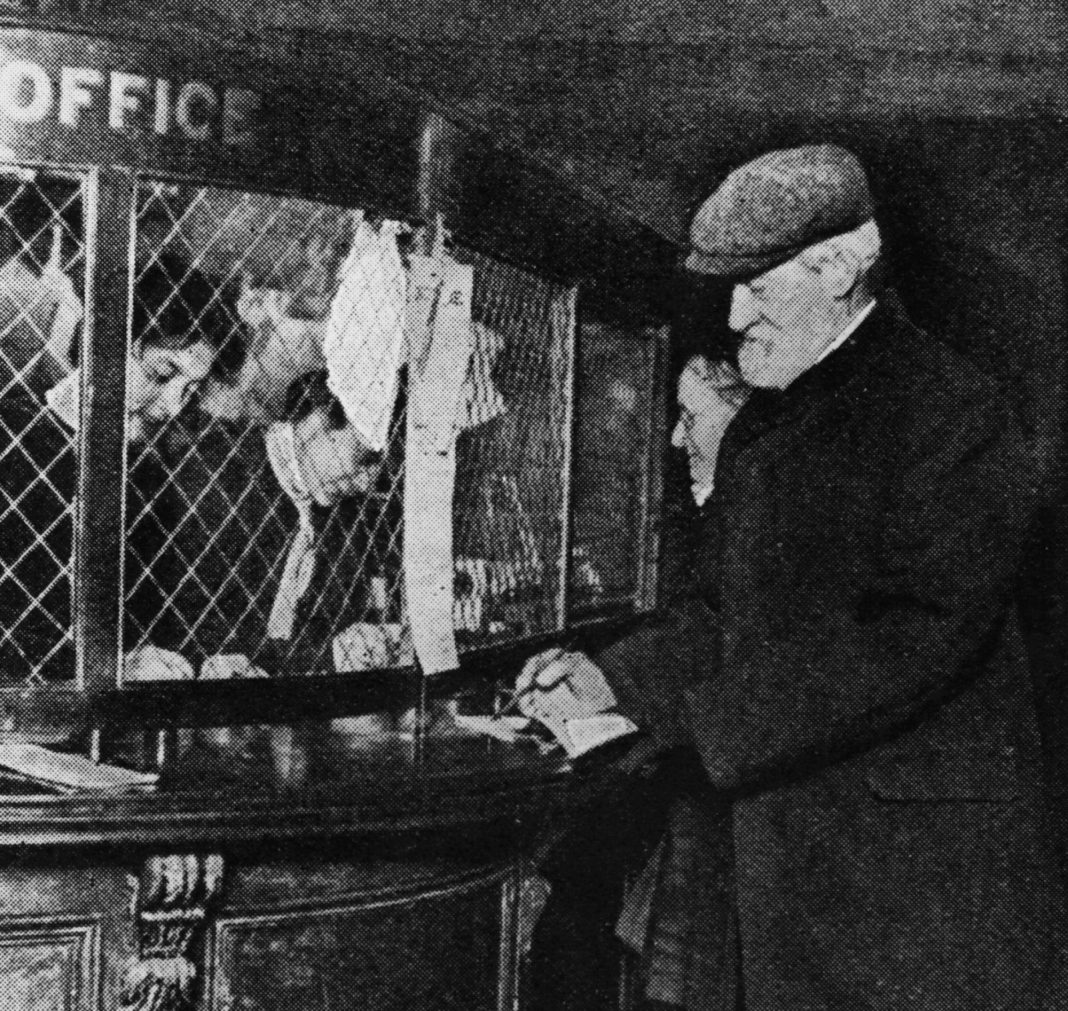I recently came across many pensioners protesting in the capital city of Las Palmas de Gran Canaria. This protest was just one taking place in a hundred Spanish cities to raise the plight of pensioners in society. In the Canary Islands, hundreds of people took to the streets in La Laguna in Tenerife and Las Palmas de Gran Canaria to ask for support in their ongoing struggle to preserve the public pension system.
Pensioners are protesting against the actions of the previous government, and complaining that it had raided the country’s pension funds in order to bail out the Spanish banks during the financial crisis.
Most Spanish pensioners complain that their pensions do not give them enough to live on. Average pensions in Spain are around 1100 euros each month, with the general pension at around 950 euros, which seems generous when compared to UK pensions. Crude comparisons between the two countries are unreliable, since the level of unemployment in Spain continues to be very high, whereas it is very low in the UK.
As a result, many Spanish pensioners are responsible for supporting their families, as many of whom continue to live with their parents during troubled financial times. It is within this context that Spanish pensions are seen as necessary to support the wider family and not just a single person or a couple.
Incidents such as this often trigger memories from my childhood, and this encounter was no exception. My memory went back to returning home from primary school one day, and complaining bitterly to my mother about my pocket money. When compared to the amount that my friends told me they received, the amount I was given was miserly and I made my feelings very clear.
Overhearing the fuss that was going on, my elderly grandfather, who was staying with us at the time, quietly took me to one side and asked why I thought I deserved any pocket money at all. I remember giving him a list of reasons, which he carefully listened to, before telling me that he never received any pocket money.
His father had died when he was very young and my grandfather had to work from a very young age in order to keep the family together. He remembered the sheer joy and appreciation when he received his very first “Old Age Pension”, as it was called at that time.
The pension was five shillings each week, which for many pensioners meant the difference between basic survival or being forced to live in the workhouse. Lecture over, my grandfather patted me on the head, put his hand in his pocket and handed me some coins with his usual comment of “Don’t tell your mother”.
The first non-contributory British pension began in January 1909. The weekly pension was five shillings each week (25 pence) paid to all people over the age of 70, and 7 shillings and sixpence paid to married couples. Five shillings (25p) is about £20 in today’s value, but measured by the increase in average earnings it is more like £112, which is less than the current basic state pension of around £130.00 weekly.
UK Pensions were kept deliberately low in order to encourage people to make their own provision for old age. In order to be eligible, the applicant had to be of “good character”, earn less than 31 pounds ten shillings a year and have been a UK resident for at least 20 years. There were other conditions too, such as not being convicted of drunkenness, not held in prison or a ‘lunatic asylum’ or habitually out of work; they were harsh times.
Back to the protests in Spain, which were intended to remind everyone that the pensioners’ demands are everyone’s business. These protestors are highlighting the problems faced by pensioners in Spain, such as loss of purchasing power that leaves them feeling helpless. They were also asking for the repeal of reforms in the labour market, which they claim has led to unstable employment opportunities for young people. Government proposals to promote private pension funds are described as privatisation of the public pension system ‘by the back door’.
Looking after the well-being of older people is one of the elements that constitutes a civilised society. Although these issues are within different cultural contexts, the struggles by pensioners in both Spain and the UK have a similar resonance, which is fairness and a desire to be heard.
If you enjoyed this article, take a look at my websites: http://barriemahoney.com and http://thecanaryislander.com or read my latest book, ‘Living in Spain and the Canary Islands’ (ISBN: 9780995602724). Available in paperback, as well as Kindle editions.
Join me on Facebook: @barrie.mahoney
© Barrie Mahoney





